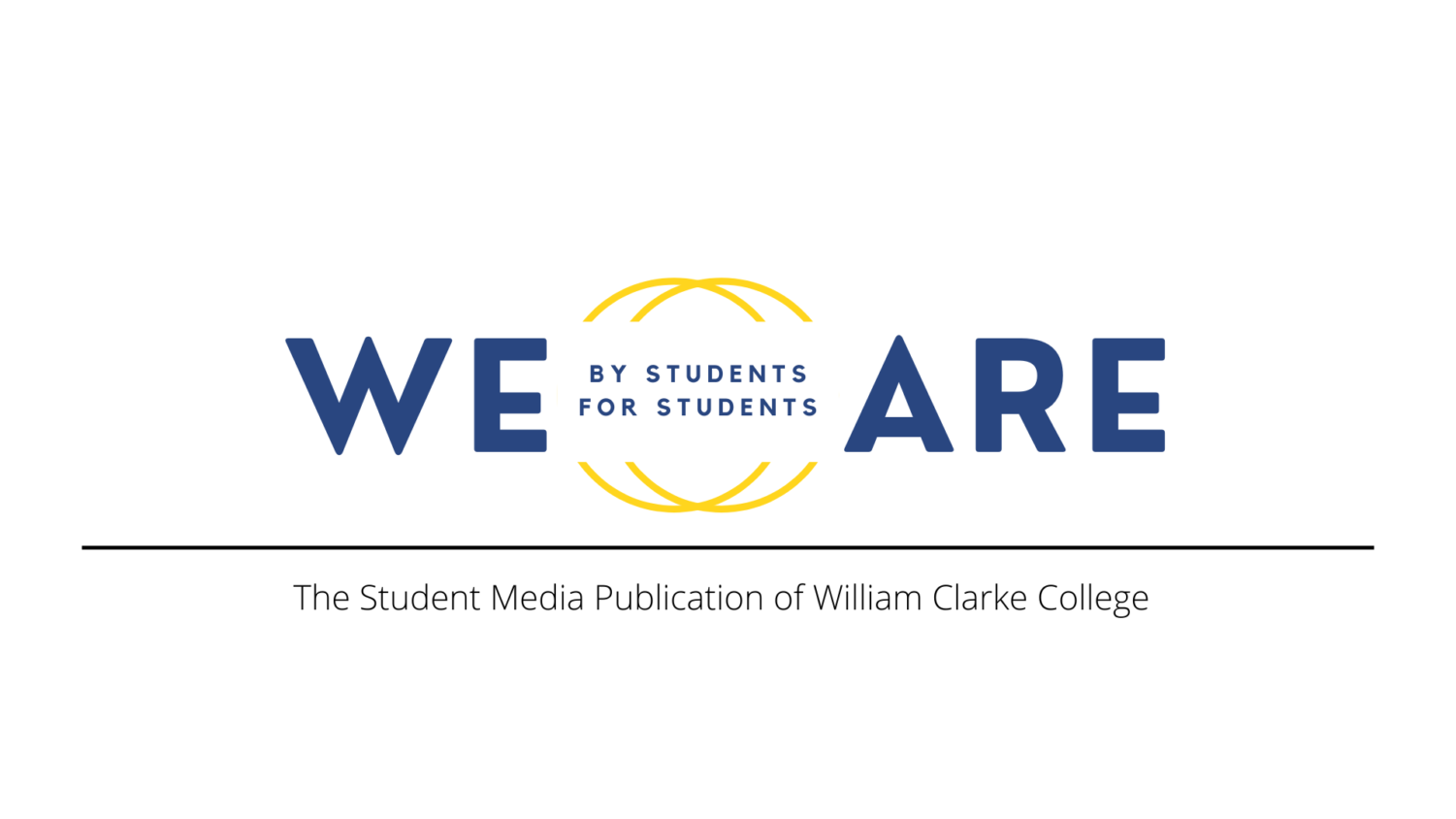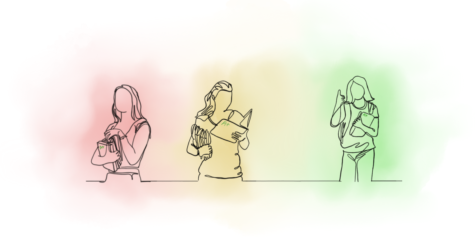Should We Blame Burnout?: A Teacher’s Response
April 4, 2023
Shari and Ellina’s article Blame Burnout: How Schools’ Design Facilitates Fatigue raises provocative questions about the way schools, and the ATAR system, contribute toward negative mental health, particularly symptoms of burnout. Shari and Ellina helpfully point out that burnout, while not a medical condition, does share many symptoms with mental illnesses where the effects of symptoms can be just as drastic. Put simply, burnout is associated with a lack of energy and lack of motivation or feeling negative about your work, which results in reduced effectiveness in what you are doing. The Black Dog Institute, an organisation that specialises in mental health, lists numerous additional factors commonly affecting people with burnout that include anxiety/stress, depression, irritability, sleep disturbances, lack of motivation, lack of concentration, withdrawal from others, aches and headaches and emotional fragility.
In their article, Shari and Ellina report that many students experience these symptoms as a result of their education at school. As I read the article, I felt disheartened that school can feel like this for many students. I know I can personally attest to the fatigue that can be associated with academic study. In my own time at high school, I clearly recall losing motivation toward the end of Year 12 which significantly affected my HSC results and lasted well into my university studies. Was this burnout? I am not sure. What caused me to feel this way? I do not know for certain. But what I do know is that it took several years to recover and find my motivation again.
At this point, we may be tempted to say that schools should act to remove the factors that cause stress. But I think we need to pause for a moment before we do this. Experiencing the symptoms above is not necessarily due to burnout, nor do they, on their own, imply that burnout is occurring. In fact, it is necessary to grow strong mental health when we experience challenges and difficulties. Think about building muscle in your body. To build strong muscles you must put them under stress, even pain. By doing so, the muscle tissue can grow larger and stronger. In a similar way, the difficult parts of school can also help us to grow in resilience, determination, grittiness, and even intelligence. Moreover, it is natural to stress about things you care about. If academic success is important to you, it’s likely that a vested interest in your grades could lead to stress. However, we must be careful not to put so much stress on our muscles that they tear. Likewise, we do not want our students to feel so much pressure that they experience burnout.
Shari and Ellina raise a particularly concerning issue that the school is designed in a way to apply pressure on students through competition for the highest rank in Year 12. The thinking goes that for me to rank higher than someone else, I need to out-compete them, out-train them and out-think them. The idea of helping one another and collaborating toward success is incompatible with such a mindset. Students, therefore, end up in a stressed state as they seek to beat everyone else and do it all on their own.
What should we make of this? While it is true that ranking does matter (although this is only the case in Year 12, not any other years), I think we can easily overstate the significance of these ranks. School-based ranking in Year 12 occurs because it enables NESA to use the HSC examination and school-based assessment to determine an overall final achievement mark (and band) for each student in their courses. However, it may come as a surprise to students, but schools do not submit ranks to NESA. Rather, schools submit a mark out of 100 for each student. One student (usually) will have the highest mark (and therefore the highest rank). But, in my experience as an HSC teacher for many years, what seems to matter more for a student’s final achievement is not their rank but their overall mark which follows from their level of achievement. In other words, your final achievement in the HSC isn’t about where you place in the course, it’s about how highly you achieve. And if it’s about how highly you achieve, then it certainly is in your best interest to help one another and collaborate toward achieving your collective best as a class. To give an example, I recall classes where in one year the student who finishes second in the course might achieve a final HSC mark of 88 (Band 5), while in the following year, a student who finishes fifth may finish with an overall mark of 93 (Band 6). Ranks are relative, they do not necessarily reflect achievement.
While there are many other interesting points in Shari and Ellina’s article that I would love to comment on, I will conclude with something that I think is important: we need to think about school differently. I acknowledge that this is easier said than done. School should not only be about academic achievement, narrowly measured with grades and marks. There are so many other things, much more difficult to measure, that matter arguably much more. What about growing as a person who can regulate your behaviour, think critically, understand how to treat others you disagree with and hang in there when the going gets tough? What about being inspired to make a difference in the world, finding your strengths and passions and making wise decisions that will help you on your path to the next step in life? If school is just about marks and grades, then we miss out on so much.
Is the school system designed to cause burnout? I can understand why it could be viewed and experienced that way. And while I do not want to understate the stress that study can lead to, we should not automatically avoid struggle, difficulty and frustration associated with learning. These can be good things that, while unpleasant at the time, help to build and strengthen our character. Instead, we should work toward keeping things in perspective, prioritising a balance between school, family, friends, work and recreation, encouraging collaboration and teamwork (we are in this together!) and actively seeking to grow our character.
At the end of the day, as Shari and Ellina point out, there are many pathways to work and study other than the ATAR. These things do not need to be the absolute focus of life at school. But when things do get too difficult, when the weight of study becomes too much to ear, I encourage students to reach out to their parents, friends and teachers for support. While some aspects of the school system are beyond our control, there are many things we can do to make the journey more manageable. As a Christ-centred community, we want to be there for one another and help each of us not just survive but thrive throughout and beyond school.
*This article was written as a part of Teacher Takeover.






















Mr Prasad • Apr 5, 2023 at 9:33 am
Well said Mr Miller! I agree with all that you’ve said. It’s important that we work on our own mental health and see that challenges are a natural part of life. It’s so important for all of us to communicate the chalenges we face and encourage one another to persevere! Thanks again 🙂